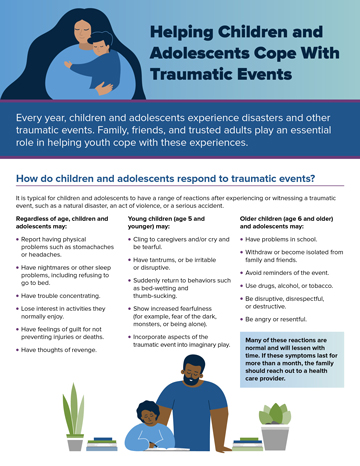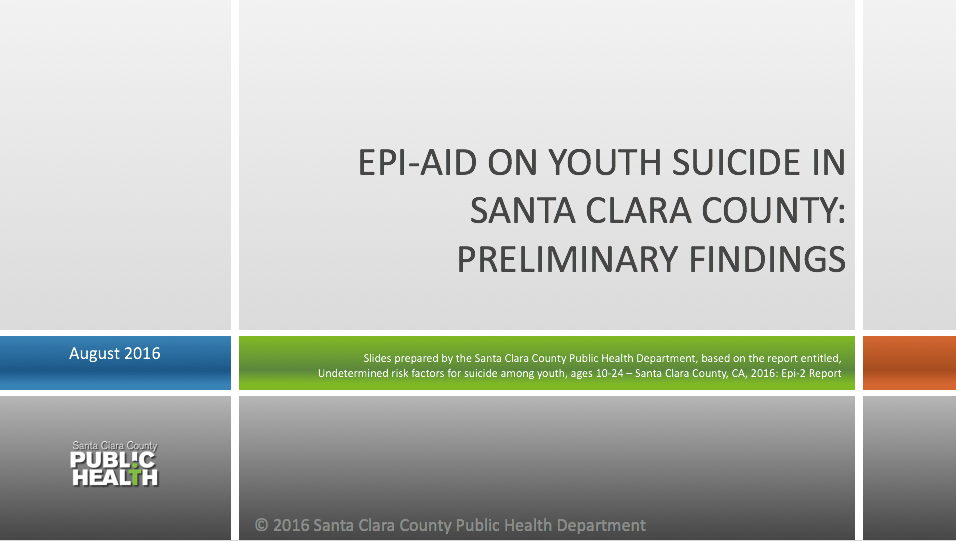 The new 988 Suicide and Crisis Lifeline is already reaching more Americans in distress – and connecting them to help faster — than the old 10-digit suicide prevention line it replaced July 16.
The new 988 Suicide and Crisis Lifeline is already reaching more Americans in distress – and connecting them to help faster — than the old 10-digit suicide prevention line it replaced July 16.
New data released Friday by the U.S. Department of Health and Human Services show that in August – the first full month that 988 was operational — the Lifeline saw a 45% increase in overall volume of calls, texts and chats compared to August 2021.
The number of calls answered went up from 141,400 to 216,000 – a more than 50% increase, according to HHS officials. And texts answered went up by a whopping 1000% – from 3,400 in August, 2021, to 39,900 in August of this year. The number of chats on the Lifeline’s website that were answered saw a 195% increase.
“Our nation’s transition to 988 moves us closer to better serving the crisis care needs of people across America,” said HHS Secretary Xavier Becerra in a statement.
The numbers encouraging, says psychologist Ben Miller, a mental health policy advocate.
“As far as data points go, this is good news,” he says. “People are using the line, which is what we want. It’s going to help save lives, which is what we want.”
Particularly heartening is the data showing people are having to wait less to connect to a trained counselor in one of the more than 200 call centers that make up the national 988 network, he adds.
HHS officials say that in August of 2021, the average response time for calls, chats and texts was 2 minutes and 30 seconds, which Miller says is a long time to wait for someone in crisis.
But, this August, that response time dropped down to 42 seconds – a significant improvement, he adds.
The Biden administration has invested historic amounts of money towards beefing up the 988 infrastructure, and much of the money has gone towards adding new backup call centers, as well as hiring more people to answer calls at the existing call centers.
“I don’t really know how this will play out over time, but to see such a huge increase, I have to attribute it to the fact that there’s more resources, meaning more call center staff, meaning more opportunities to develop the appropriate infrastructure to help get to people quicker,” says Miller.
But, while 988 is certainly helping more people overall, we don’t know yet how the system is faring in individual states, cautions Miller. The newly released data doesn’t have a state-by-state breakdown.
“There’s going to be massive disparities across the states,” he says.
While the 988 Lifeline is accessible nationally, with a national network of call centers, it essentially functions as a state-run system. And states vary vastly in how much they have invested in the former 10-digit Lifeline and associated services. According to a recent analysis by the National Institute of Mental Illness, very few states have passed legislation to supplement the recent federal funds into 988.
So, seeing how individual states are doing is key to understanding which states will need more help and funding, and in what way, explains Miller.
The pandemic has worsened a pre-existing shortage of mental health care providers and many call centers have had trouble hiring counselors at call centers. The level and quality of training counselors staffing the phone lines also varies widely, according to mental health experts.
“The transition to 988 is just the beginning,” said Becerra in a statement. “We will continue working towards comprehensive, responsive crisis care services nationwide to save lives.”
Excerpted from “New 988 mental health crisis line sees jump in calls and texts during first month” from NPR. Read the full article online.
Source: NPR | New 988 mental health crisis line sees jump in calls and texts during first month, https://www.npr.org/sections/health-shots/2022/09/10/1121921647/new-988-mental-health-crisis-line-sees-jump-in-calls-and-texts-during-first-mont | © 2022 npr
A screening can help you determine if you or someone you care about should contact a mental health professional. CHC teletherapy services are available now. Call or email our Care Coordinators at 650.688.3625 or careteam@stage.chconline.org to set up a free 30-minute consultation appointment.





